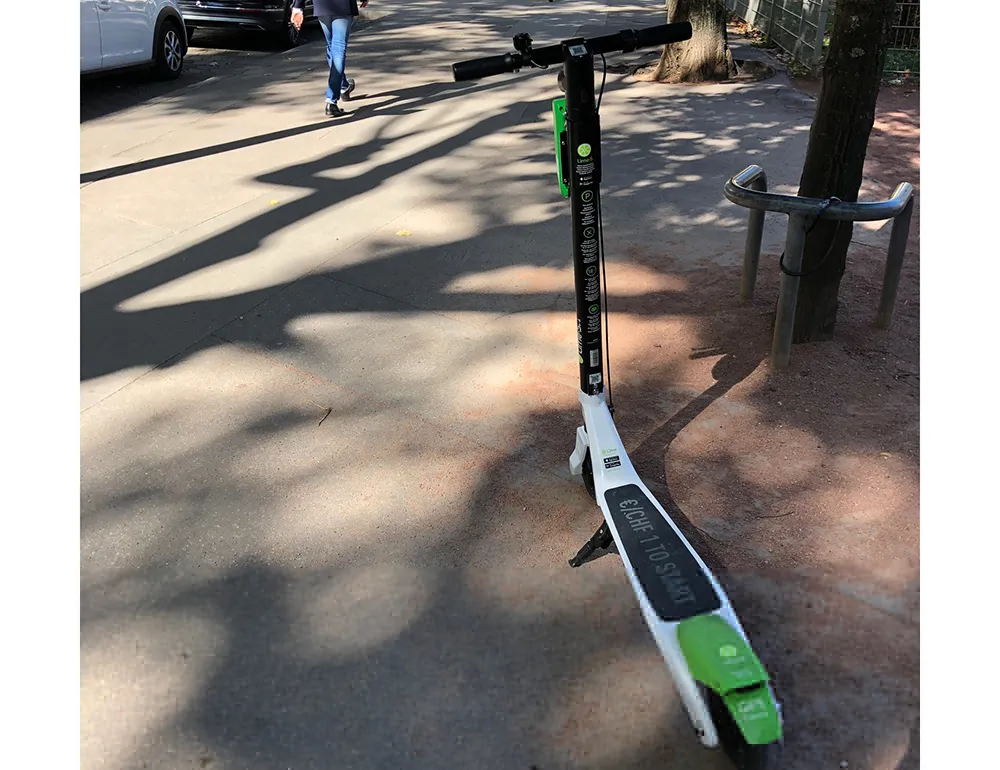US-headquartered Brammo has announced that following extensive evaluation by multiple departments of the Hong Kong Government to explore the adoption of more electric vehicles for public sector use, it has selected Brammo electric motorcycles to replace existing conventional petrol motorcycles in the government fleet which have been in service for several years.
February 29, 2012
Read time: 2 mins
US-headquartered 3436 Brammo has announced that following extensive evaluation by multiple departments of the Hong Kong Government to explore the adoption of more electric vehicles for public sector use, it has selected Brammo electric motorcycles to replace existing conventional petrol motorcycles in the government fleet which have been in service for several years.
The Brammo Enertia Plus motorcycles will be driven year-round by engineers in the water supplies department to reach district service locations, while the Hong Kong police force will employ the 2012 Enertia Plus LE to conduct traffic duties in various city districts. The Enertia Plus LE (law enforcement) is based on the Brammo Enertia Plus civilian model, but is equipped with special features that tailor it for authority patrol use. All vehicles will be supplied through Brammo's exclusive dealer in Hong Kong, JCAM Advanced Mobility Company (JCAM).
"This is a significant milestone in the adoption of electric vehicles by governments," says Craig Bramscher, CEO and founder of Oregon-based Brammo. "As the world's leading manufacturer of electric motorcycles, we were confident that we would lead this change and we are delighted that we have started here in Hong Kong with some of the most EV-engaged leaders in the world."
The Brammo Enertia Plus motorcycles will be driven year-round by engineers in the water supplies department to reach district service locations, while the Hong Kong police force will employ the 2012 Enertia Plus LE to conduct traffic duties in various city districts. The Enertia Plus LE (law enforcement) is based on the Brammo Enertia Plus civilian model, but is equipped with special features that tailor it for authority patrol use. All vehicles will be supplied through Brammo's exclusive dealer in Hong Kong, JCAM Advanced Mobility Company (JCAM).
"This is a significant milestone in the adoption of electric vehicles by governments," says Craig Bramscher, CEO and founder of Oregon-based Brammo. "As the world's leading manufacturer of electric motorcycles, we were confident that we would lead this change and we are delighted that we have started here in Hong Kong with some of the most EV-engaged leaders in the world."








